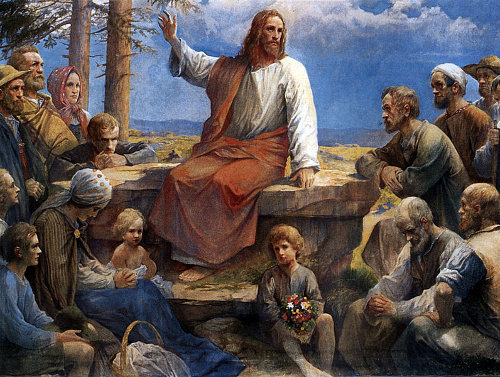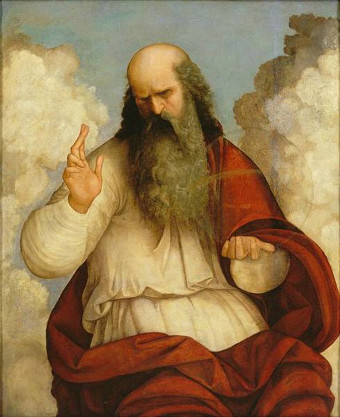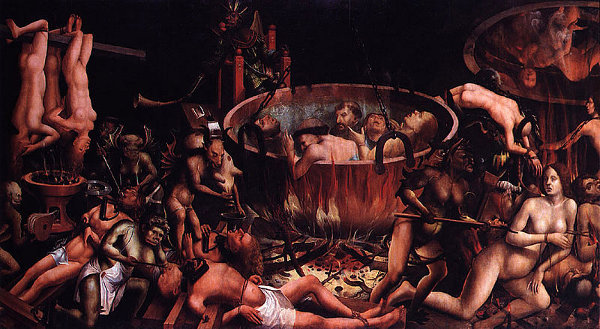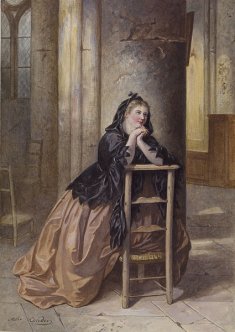In order for a god to be all-knowing, he must know even the fact of his own omniscience. But can he do this? He may know the totality of facts constituting the world; call this Y. But in order to know that he has mastered Y, he must also know that “There are no facts unknown to me” — and this is beyond Y.
It seems impossible that a god (or anyone) could ever be sure that nothing exists beyond his ken. “It makes no sense to imagine [a god] arriving at this limit, peering beyond it (at what?), and satisfying himself no further facts exist,” writes philosopher Roland Puccetti. But without this certainty he cannot be sure of his own omniscience, and so does not know everything.
A theist might argue that his god has created all the facts in existence. But an omniscient god would have to be sure of even this — that he is the sole creator, and that there are no facts unknown to him. And how could he come to this knowledge?
(Roland Puccetti, “Is Omniscience Possible?”, Australasian Journal of Philosophy, 1963)





